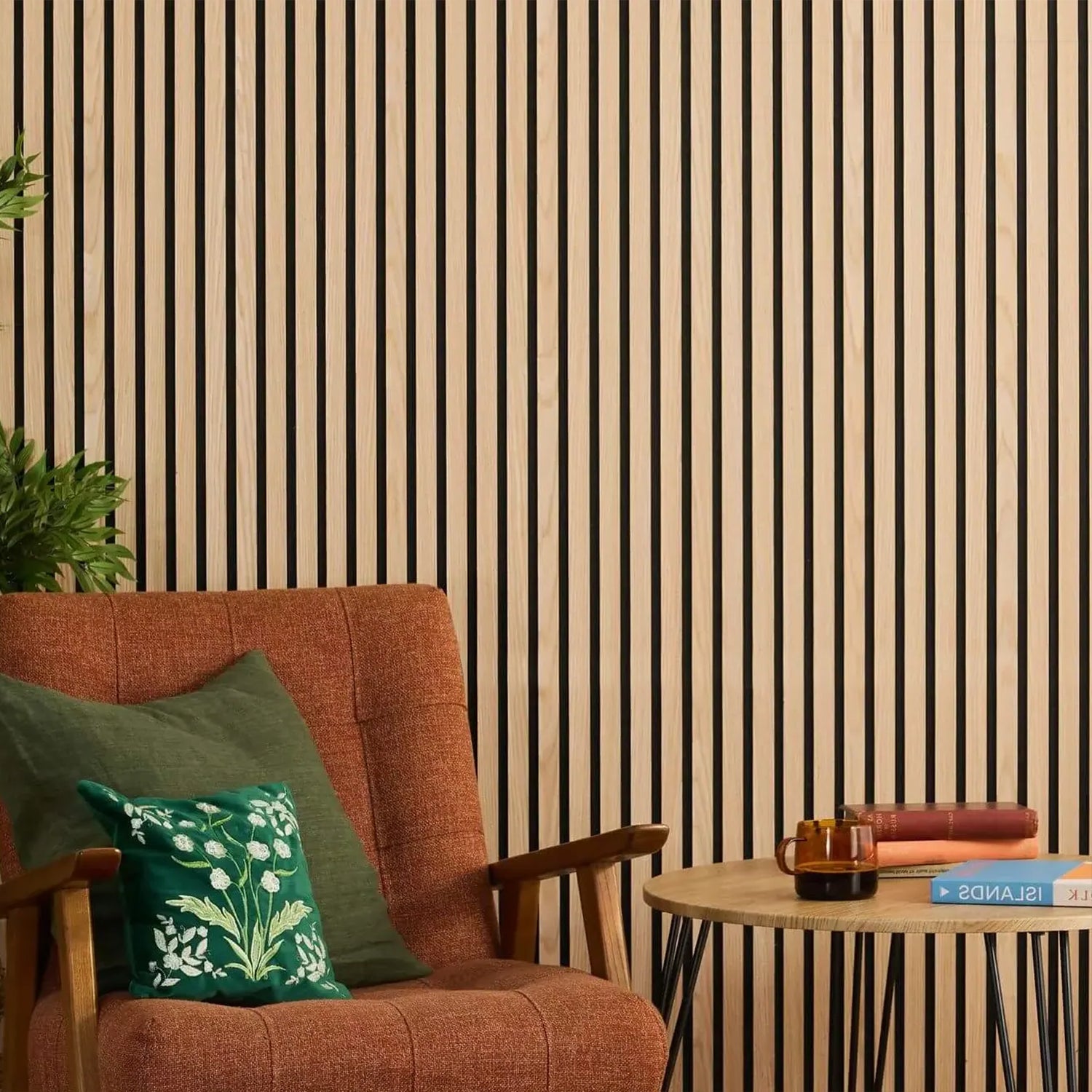

Laminate Flooring vs Hardwood: Which Is Best for You?
Choosing between laminate flooring and hardwood? This comprehensive comparison covers everything from longevity to aesthetics to help you decide. When it comes to home flooring, the choice between laminate and hardwood is one of the most common dilemmas.
Both have their unique benefits and drawbacks, making the decision a significant one for homeowners. This article dives into the key differences, helping to determine which flooring option is the ideal fit for various living spaces and lifestyles.
1. Durability and Longevity

When considering the durability and longevity of flooring, laminate and hardwood present different advantages. Laminate flooring is known for its resistance to scratches and stains, making it a practical choice for high-traffic areas or homes with pets and children. Hardwood, on the other hand, boasts a longer lifespan and can be refinished multiple times to restore its appearance, making it a lasting investment for homes.
2. Aesthetics and Style

Aesthetics play a crucial role in choosing flooring. Hardwood offers a classic, timeless look with natural variations in color and grain, adding warmth and elegance to any room. Laminate flooring provides a wide range of styles and colors, including options that mimic the look of real wood, stone, and other materials, offering versatility for various interior design themes.
3. Cost and Installation

Cost is a significant factor in the flooring decision. Laminate flooring is generally more budget-friendly, both in terms of material and installation costs. It's also easier to install, often featuring a click-lock design that can be handled by DIY enthusiasts. Hardwood flooring, while pricier, adds value to a home and can be a worthwhile long-term investment, though it typically requires professional installation.
Read More: 5 Best Dining Room Wall Panels: Stylish Decor Ideas
4. Maintenance and Care

Maintenance and care requirements are important considerations. Laminate flooring is low-maintenance, requiring regular sweeping and occasional mopping with a laminate-specific cleaner. Hardwood floors need more attention, including regular sweeping, careful mopping, and periodic refinishing to maintain their beauty and integrity over time.
5. Environmental Impact

The environmental impact of flooring choices is increasingly important. Hardwood floors are often praised for their sustainability, especially when sourced from certified sustainable forests. Laminate flooring, while improving in eco-friendliness, is made from composite materials and may not be as environmentally friendly as hardwood, depending on manufacturing processes and materials used
6. Impact on Home Resale Value

When considering future resale value, the type of flooring can be a crucial factor. Hardwood floors are often a selling point, known to increase the value of a home due to their durability and timeless appeal. Laminate flooring, while attractive and practical, doesn't have the same impact on resale value but can still be an appealing feature for potential buyers looking for a modern and low-maintenance home.
Read More: Transform Your Space: Wood Wall Treatments That Wow!
7. Comfort and Insulation

The comfort and insulation properties of flooring are vital for many homeowners. Hardwood floors offer a solid, warm feel underfoot and can be paired with rugs for added comfort. Laminate flooring, while not as warm as hardwood, can have better sound-absorbing qualities and can also be used with rugs or underlay for increased comfort and warmth.
8. Susceptibility to Water Damage

In areas prone to moisture, the choice of flooring is particularly important. Laminate flooring has a higher resistance to water and moisture compared to hardwood, making it a suitable option for kitchens, bathrooms, or basements. However, prolonged exposure to water can still damage laminate. Hardwood is susceptible to water damage and warping, requiring quick cleanup of spills and avoidance in high-moisture areas.
9. Repair and Refinishing Options

Over time, flooring may require repairs or refinishing. Hardwood floors offer the advantage of being refinished multiple times, allowing for restoration of scratches and wear. Laminate flooring, while durable, cannot be refinished. If it becomes severely damaged, replacement of the affected sections or the entire flooring might be necessary.
10. Health and Allergy Considerations

For households concerned with health and allergies, flooring materials can make a difference. Hardwood floors are often preferred for their natural materials and ability to not harbor allergens. Laminate flooring, with its tight seal and smooth surface, also provides resistance to dust and allergens, making it a good alternative for allergy sufferers.
Read more: Elevate with White Wall Paneling Ideas
Conclusion
In conclusion, the choice between laminate flooring and hardwood depends on individual priorities and circumstances. For those seeking cost-effectiveness, durability, and ease of maintenance, laminate flooring is an excellent choice.
It offers a wide range of styles and is suitable for busy households. Hardwood flooring, with its timeless beauty and long-term value, is ideal for those looking to invest in their home’s aesthetics and resale value.
Ultimately, both laminate and hardwood flooring have their merits, and the best choice varies based on personal preference, lifestyle, and budget. By considering the specific needs and conditions of the living space, homeowners can make an informed decision that ensures both practicality and aesthetic appeal, creating a foundation that complements and enhances their living environment.













